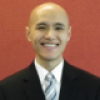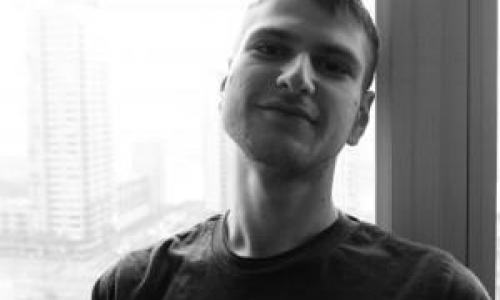
As a new Fall semester begins, many students start courses such as math, physics, computing science, engineering and statistics. These can be tough classes with a rapid progression in workload and difficulty, but steady preparation can mount a strong defense to the inevitable pressure and stress.
Review Pre-Requisite Material
Technical classes are very cumulative. Before your classes begin, or during the first week, take time to review the pre-requisite materials. Read each course syllabus to get a sense of the most important pre-requisite topics. Then, review your notes and textbooks, re-write the foundational definitions, theorems and proofs, and solve some typical problems from past courses.
It’s better to cover a broad range of past topics rather than deep dive into one specific area, since the goal is simply to brush up on relevant skills.
Get to Know the Language Again
Math-related classes have their own written language. It’s really a more compact form of writing the same thing in English, for example:
- In math, f’'(x) means the second derivative of the function f(x)
- In physics, Fnet means the net force acting on an object
- In statistics, E(X) means the expected value of the random variable X
Familiarize yourself with this language again. It’s like learning any other language – if you haven’t used it for a while, you can always pick it up again with a little review.
Practice Computer Programming
If your course has a computer programming component, learn or practice that language. Get used to the basic syntax and write some basic scripts and functions.
Look for assignments and solutions in courses from previous semesters, and find a programming exercise to practice.
Keep Old Textbooks (or Borrow from the Library)
Many of my higher-level math classes were just harder, more in-depth versions of lower-level classes, so your earlier textbooks might explain concepts more clearly. My graduate classes had some very badly written textbooks, so I abandoned them entirely and relied on my undergrad textbooks instead – they explained the concepts to almost the same level of depth but with much more clarity.
Perfect your Study Space
Studying for quantitative classes requires intense concentration and prolonged sitting. Get a comfortable, spacious and ergonomic desk in a properly lit room that suits your desired noise level. Find a “go-to” study spot on campus where foot traffic is low. My favourite place to study on the Burnaby campus was the first floor of the Bennett Library. It is very quiet and often has seats available.
Schedule in Breaks
Get a timer to remind yourself to take breaks and drink water every 15-20 minutes. Lethargy and dehydration are two of the worst enemies of productivity, so make sure that you get up regularly and walk around for a couple minutes while drinking plenty of water. Try to avoid coffee or soft drinks – they can cause dehydration.
Use a Book Stand
One of the best investments that I ever made in university was a book stand. Before buying one, I had to hunch over to read my textbooks – this caused neck strain and reduced blood flow to my head, hastening fatigue. By reading a book in an (almost) vertical position, I can keep my head in its natural upright position. This subtle adjustment made studying a lot more pleasurable and improved my productivity significantly.
Scrap Paper is Your Best Friend
Reading and studying from a textbook requires a lot of writing of definitions, theorems, proofs, expressions, equations and calculations. Prepare a thick stack of scrap paper on your desk and a paper recycling box within an arm’s reach. To reduce wasted paper, I often gathered stacks from the large recycling boxes near printers and photocopiers in the library or computer labs.
Get Help
If you're struggling with workload and need to improve your study skills, visit SFU's Student Learning Commons. You can attend workshops, book one-on-one appointments, or use its online resources for tips on topics such as time management, exam preparation and how to approach quantitative courses.
Take Care of Yourself
Set a regular routine for sleeping, eating, relaxing and exercising. Your brain will absorb concepts a lot better when you are well nourished and alert. Studying for one hour with a healthy brain is far more productive than studying for two hours with a sleep-deprived brain.
Self-care is one of the most neglected aspects in students’ lives, and it’s a lot harder to correct bad habits in the middle of a semester. Take advantage of the time at the start of the semester to establish a good routine before the onslaught of assignments and midterms becomes overwhelming. The SFU Health and Counselling Services Blog offers many tips and resources.
When You're Feeling Down
Your life may already be stressful with personal and professional obstacles, and challenging math-oriented classes can exacerbate that stress. If you're feeling overwhelmed by the pressure, consider attending SFU Health and Counselling Services workshops or speak with one of their trained Counsellors. Even with my success at SFU, there were times when I felt overwhelmed by the stresses of my coursework, and I found the counselling services to be very helpful.














